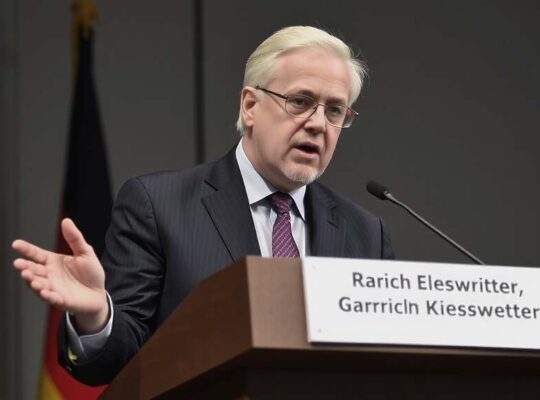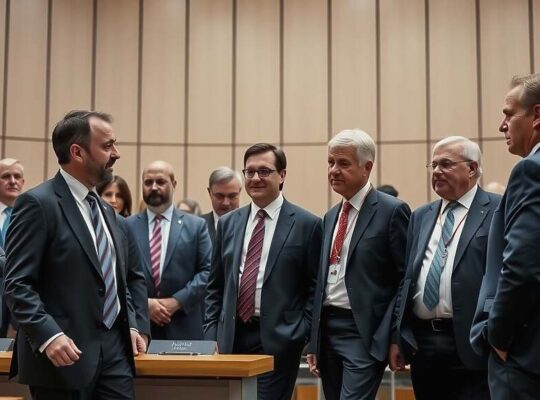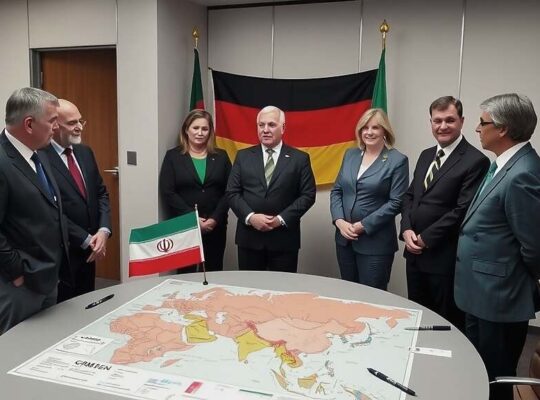The German Green Party is poised to appoint Gesine Märtens as its new treasurer, a decision reached after weeks of internal debate and initial resistance within the party’s financial council. Sources indicate Märtens secured the backing of the Bundesfinanzrat on Monday evening, garnering 22 votes in favour, three abstentions and eight opposing votes, solidifying her likely ascension to the key financial role.
The selection process has been fraught with tension, exposing underlying anxieties within the party regarding the increasing influence of the federal executive. Initial apprehension surrounding Märtens stemmed from accusations within the financial council – comprised of treasurers from regional Green parties – alleging a perceived overreliance on and loyalty to, the federal leadership, coupled with a lack of significant experience in managing party finances. Representatives voiced concerns that her appointment represented a consolidation of power within the party centre, potentially sidelining regional voices.
The need for a new treasurer arose unexpectedly following the sudden departure of Manuela Rottmann earlier this month, requiring a rapid succession plan. The party leader, Franziska Brantner, championed Märtens’ candidacy, a move that reportedly lacked readily available alternatives, underscoring the urgency of the situation. Ultimately, the financial council appears to have been swayed, though the initial reluctance highlights deeper fault lines regarding the party’s decision-making processes.
Märtens, previously serving as State Secretary in the Saxon Ministry of Justice from 2019 to 2024, is aligned with the “realpolitik” wing of the Greens, the same faction as both Rottmann and Brantner. While formal ratification awaits the party’s convention in Hanover next month, the outcome is widely anticipated to be a formality, raising questions about the extent of genuine dissent that remains within the party despite the apparent consensus. The appointment serves as a focal point for scrutiny, prompting observers to consider whether the Greens can navigate internal power dynamics and effectively balance national priorities with regional autonomy.












